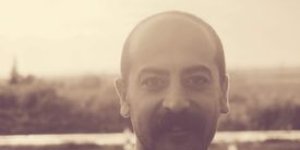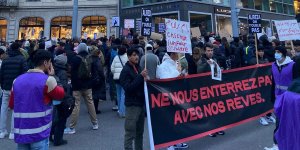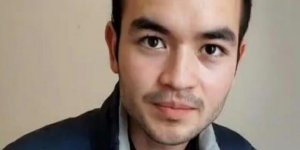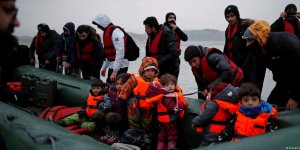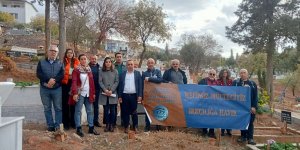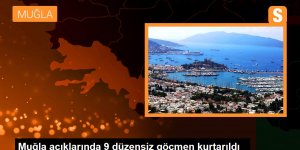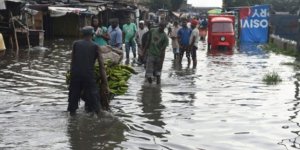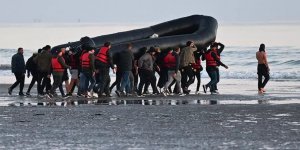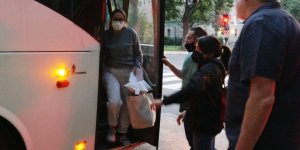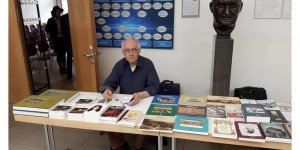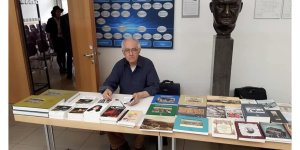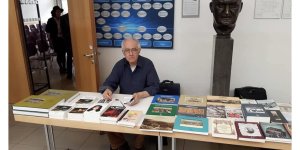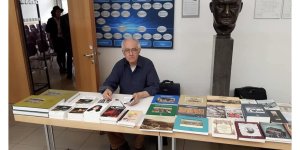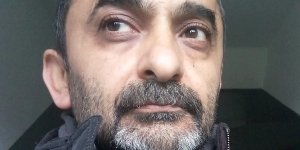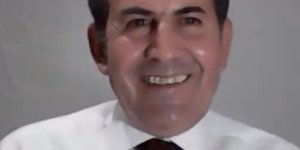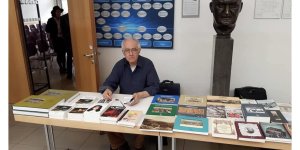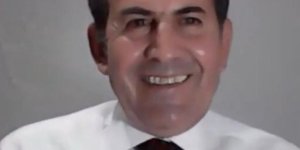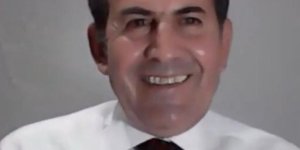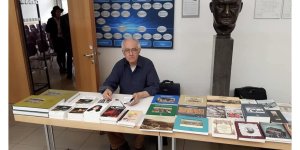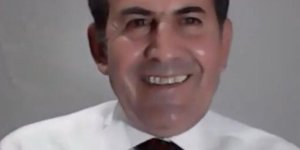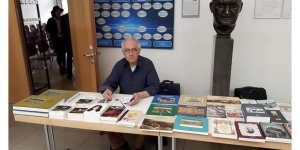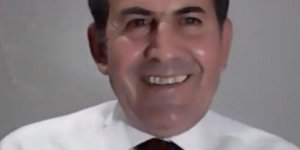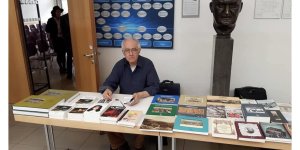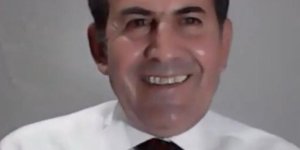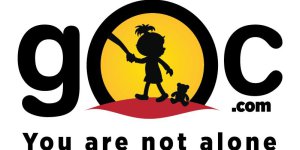Working together for the benefit of the people is tomorrow’s source of success.
Shirin is an active participant in activities organized by the UN Refugee Agency (UNHCR) and one of its partners, the Association for Solidarity with Asylum Seekers and Migrants (ASAM). She joins information counselling sessions, workshops, and trainings in Hatay, Türkiye, where she lives with her family after having fled Syria five years ago.
Thanks to the support of EU Humanitarian Aid and other donors, persons in need of international protection, like Shirin, who have escaped violence and persecution in their home countries, can now benefit from a range of essential services and community activities. These programs help refugees access rights and live in dignity and hope.
Shirin is excited to finally resume her community engagement activities in person after over two years. “It was difficult in the time of COVID-19, when we had to stay at home,” Shirin says.
She fled Syria because of the war and has been living in Türkiye’s southern province, Hatay, with her mother, husband, and three children since 2017. “This city makes me feel at home,” Shirin continues with excitement. “We often spend time together outdoors which provides a real enjoyment to us.” For them, staying together as a family in the same city is more important than anything.
Shirin, who was an accountant in Syria before the start of the war, finds it crucial to keep learning, no matter her circumstances. When she first heard about ASAM from her mother about 4 years ago, she paid her first visit to the center. She remembers that in addition to receiving assistance, she was informed about protection-related activities such as information sessions on rights and services for the refugee communities. To increase her knowledge, she started participating in these activities. “By learning about our rights, our lives become easier,” she says. “This can also help us stop the spread of wrong information.”
“By learning about our rights, our lives become easier.”
In time, her active participation encouraged her to become a member of the women committee. Through this network, members share reliable and updated information with their communities. Shirin frequently encourages her family and friends to attend these activities, which provide an open platform for refugee and host communities to ask questions and discuss their needs.
Shirin’s family was also provided with other support, including hygiene kits and food assistance to mitigate the challenges of COVID-19. “We also received support on how to get a vaccine,” she shares. “Thanks to the online information counselling sessions, my family members were vaccinated easily.” When Shirin’s husband faced challenges renewing his ID card, he also received legal counselling. Without a valid card, it becomes challenging to access services. Thanks to this support, the ID card was renewed in a short period of time.
Shirin also had the opportunity to establish new relationships with members of the host community. Along with the other volunteers, she has organized iftar gatherings, informative workshops for children, and celebrations of important days such as Women’s Day and Children’s Day. “The gatherings are useful in getting to know more about each other,” she explains. “We learn new things and we have fun.” For example, before the start of the previous semester, a back-to-school session was organized to inform the students about children’s rights and hygiene requirements at school. The inclusion of children in the activities also had a positive impact on the relationship of refugee mothers with their children. “When the children feel that they are valued, our bonds get stronger, which contributes positively to our family affairs,” she comments.
Shirin concludes that self-awareness and having a motivation to learn make things easier in the country of asylum. “Taking an initiative to stand together with members of other communities makes us stronger. Working together for the benefit of the people is tomorrow’s source of success.”
Can Eminoglu


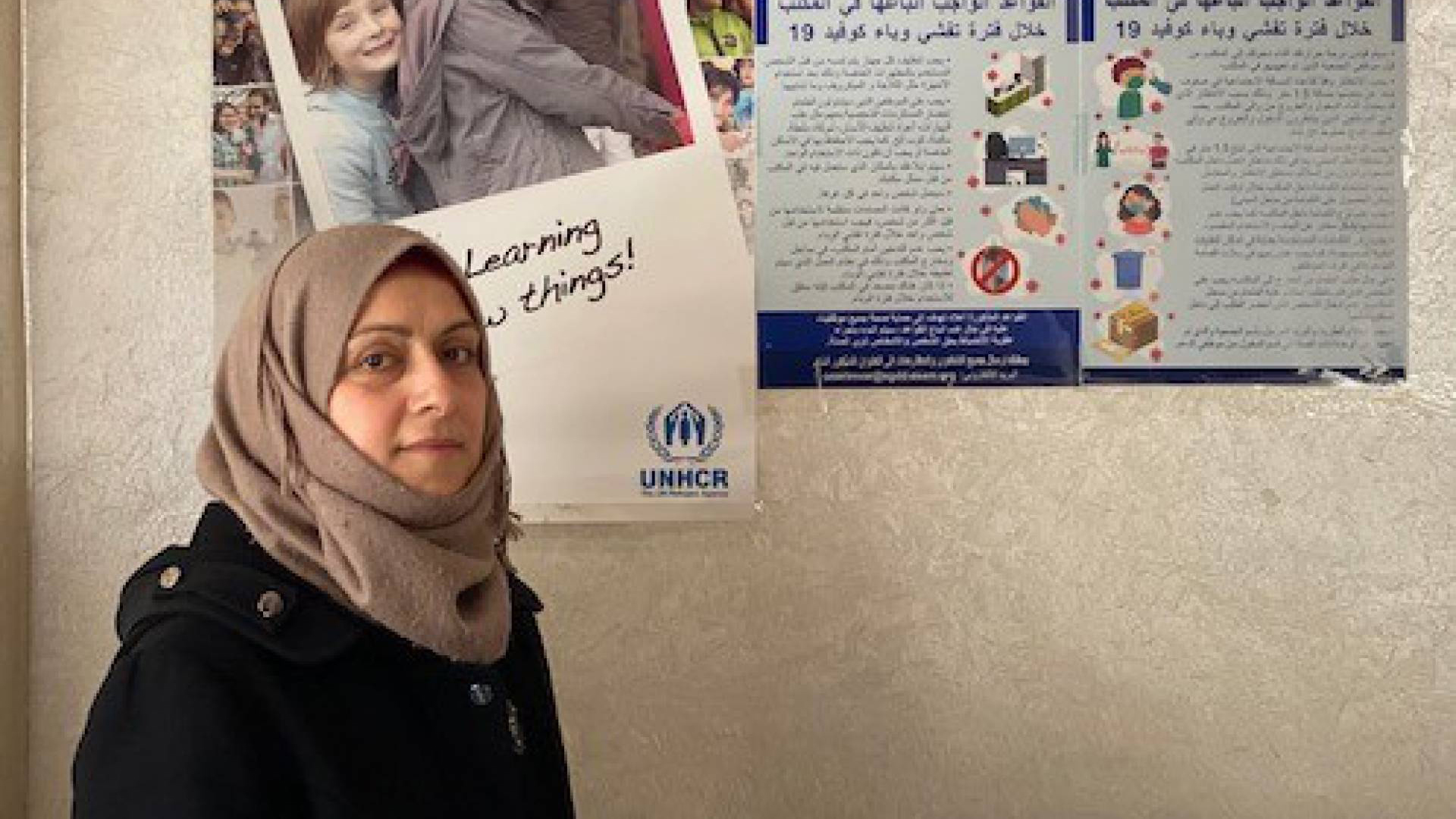
 Türkçe
Türkçe 